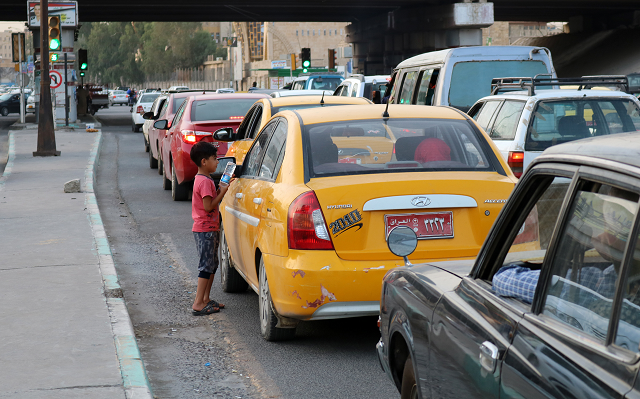
A year on from Iraqi forces announcing the 'liberation' of Mosul from the Islamic State group, the scars of the bloody nine-month offensive to oust the militants are still visible in the city.
Divided Kurds face losses in Iraq's election
After losing parents either in the battle or during IS's brutal three year occupation of Mosul, dozens of children have turned to street peddling or begging to survive.
"I sell tissues...I go out every day from seven in the morning to 10 at night," 12-year-old Salem tells AFP, wiping sweat from his face as the sun beats down on the Nabi Younis junction in eastern Mosul.
His mother's only child, Salem hopes to scratch out a living for the two of them. His father was killed by militants before the push to retake Mosul began, leaving the family without a breadwinner.
According to the group Orphan's Joy in Nineveh, encompassing Mosul and the wider province, there is no official data on the number of children who have lost their parents.
But the group's research has pointed to the "presence of 6,200 orphans in Nineveh, of which 3,283 whose parents were killed in the latest events in Mosul", the organisation's head, Kedar Mohammed, told AFP.
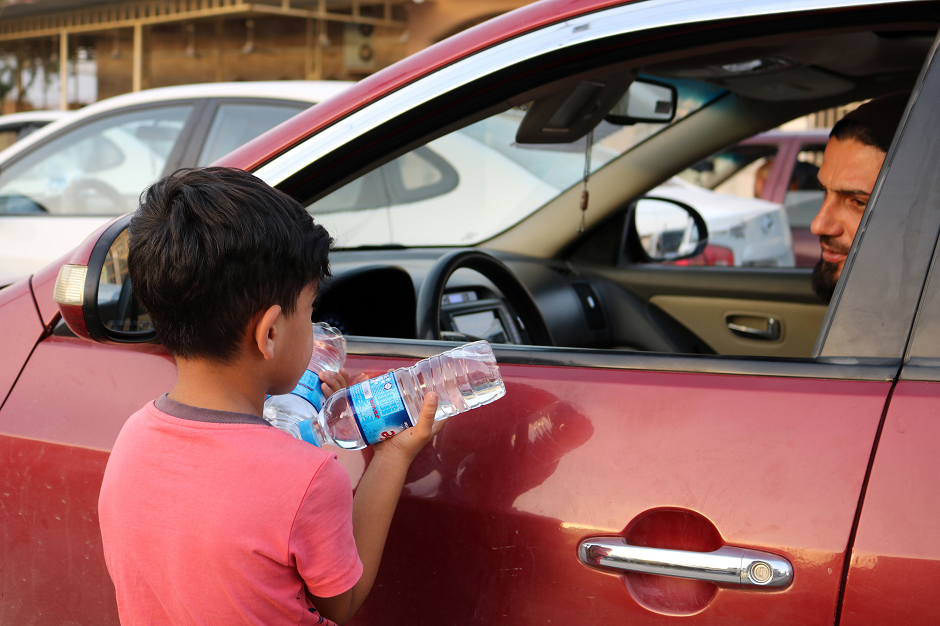 Child beggars on the streets of Mosul, Iraq. PHOTO: AFP.
Child beggars on the streets of Mosul, Iraq. PHOTO: AFP.Mosul's two orphanages--one for boys and one for girls--have seen large numbers of children aged six to 18 seeking shelter, according to administrators.
Each day, dozens of children spread out across Mosul's intersections and traffic signals to ask for money.
Thin and dressed in tattered clothes, they trail pedestrians and extend hands to passing cars. Some wash windows or sell tissues and water.
"My family was killed and our house was destroyed in the bombardment of the Old City," 10-year-old Ali Bunyan told AFP, unable to hold back his tears.
Fighting destroyed nearly 90% of western Mosul's Old City, which now lies in ruins and is devoid of any major reconstruction projects.
"I have no relatives now. I have to beg to support myself...I've been unable to find work because I'm young," said Bunyan, who like many of the other children refused to speak about his current place of residence.
Pakistani visitors advised not to carry naswar to Iraq
Nineveh provincial council member Khalaf al Hadidi said that "until now, there is no real project or study either from the federal or local government to deal with this phenomenon".
Finding a solution was becoming increasingly important, he said, "especially as the street children are exposed to various kinds of exploitation".
Residents say gangs are turning the street children into organised groups, or forcing them to pay a fee to beg in public places.
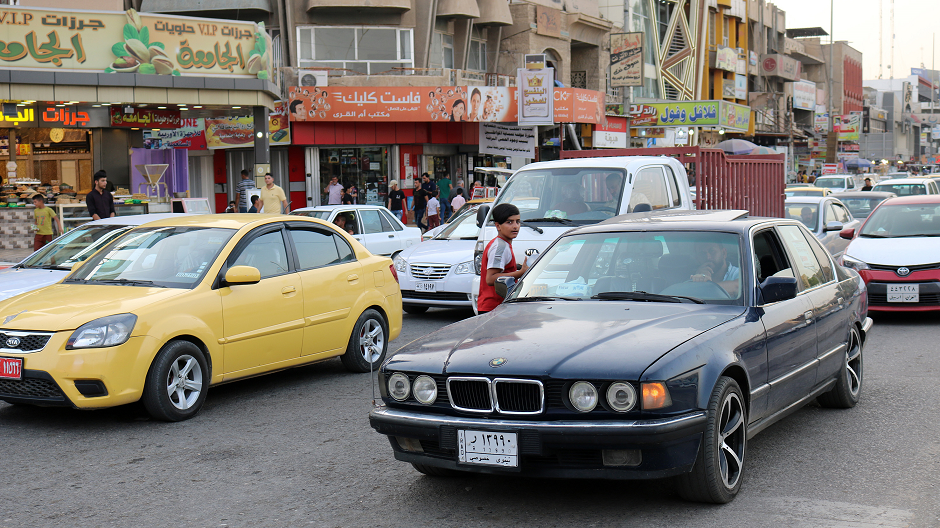 Child beggars on the streets of Mosul, Iraq. PHOTO: AFP.
Child beggars on the streets of Mosul, Iraq. PHOTO: AFP."One day, as I was waiting for my appointment at a medical clinic, I watched an employee at the reception kick out a small girl that was begging," said 35-year-old Mosul resident Abu Hamid.
"As she left, she told me she had been kicked out for refusing to increase the weekly agreed-upon fee," he said.
According to social researcher Fatima Khalaf, "conditions in Mosul have left children vulnerable to numerous violations in the street".
"If they are left out in the streets...they will become useless members of society, and perhaps some of them will become criminals," she said.
Ghaleb Ahmed, a 20-year-old Mosul municipal employee, thinks it would be better to target the top of the "gangs and systems that manage the begging and exploit the children".
"This phenomenon counts as a criminal project and terrorism, and it creates a corrupt and psychologically damaged generation," he said.
1737019147-0/fizza-(38)1737019147-0-405x300.webp)


1737017947-0/biden-(4)1737017947-0-165x106.webp)


1737018675-0/sidra--(97)1737018675-0-270x192.webp)
1737019689-0/Tribune-N-(5)1737019689-0-270x192.webp)

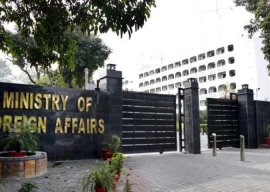
1737012863-0/sidra--(96)1737012863-0-270x192.webp)
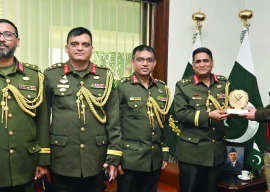
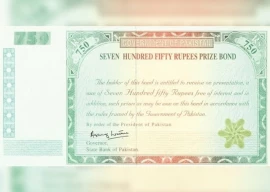

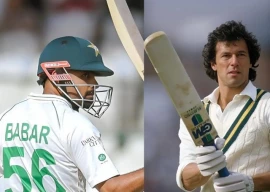
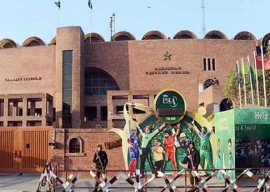
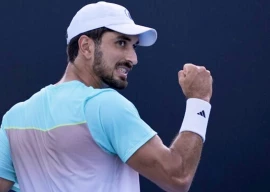






COMMENTS (1)
Comments are moderated and generally will be posted if they are on-topic and not abusive.
For more information, please see our Comments FAQ